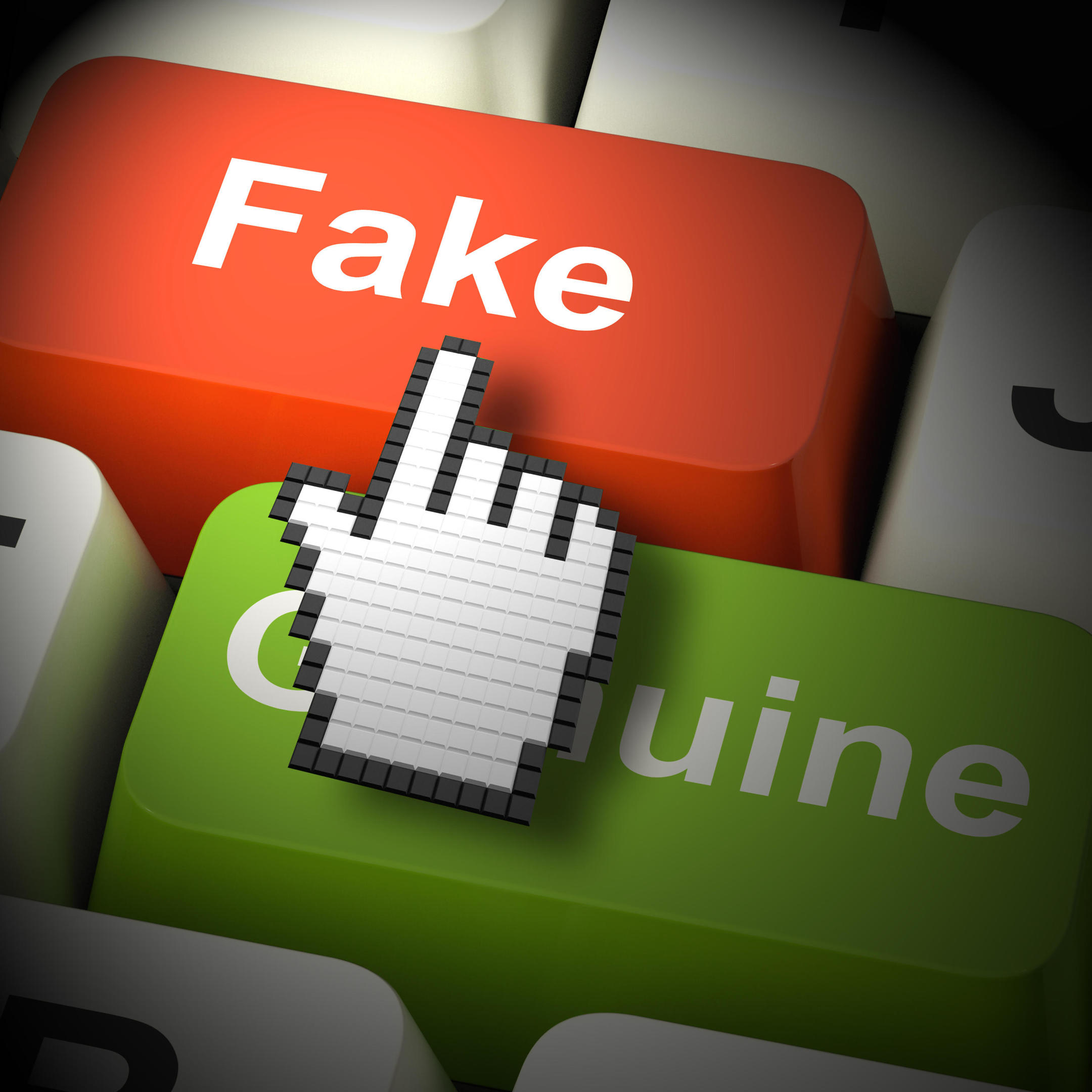
SILVER surfers flocking to Facebook could be more easily duped by fake news, experts fear.
A report suggests over-55s will become the second-largest demographic on the social media site this year.
And it’s feared they might not be as sophisticated as more tech-savvy youngsters in spotting fake news.
Youth-aimed publisher Tab Media are among those concerned, saying younger users are much more able to check the source of a meme or the reliability of a viral video than relatively new older users.
The latest prediction of UK Facebook-user numbers has just been released by eMarketer.
In 2018, 2.2 million 12 to 17-year-olds are expected to use the site, which is 300,000 down from 2017. In the 18 to 24-year-old age group the decline is 400,000.
While other age groups after that are largely flat, 3.5 million 55 to 64-year-olds will use it, up by 200,000. The increase of 300,000 in the 65-plus age group will take that figure to 2.9 million.
They are also the most active in passing on of news reports they’ve read, according to other research by content marketing agency Fractl.
It found the older generation were 19% more likely to share news than anyone else, with political issues of particular interest.
Oxford University has been leading the way in research into fake news.
“Our data shows the way young and old people use Facebook is slightly different,” said Dr Richard Fletcher, from the Reuters Institute for the Study of Journalism at the university
“Older people often use it for staying in touch with their family, for instance.
“But our data also shows that many do use it for news as well as getting it from TV or print media.
“So it’s possible that fake news online could be counteracted by other media they consume. But with people drifting away from traditional TV and from catching up with set news bulletins there is a risk they would be more likely to pass things on without checks. That is certainly a possibility.
“Digital media literacy is becoming more and more important as growing numbers of people get their news information online.”
Julian Calvert, senior lecturer in journalism at Glasgow Caledonian University, said part of the move away from Facebook may come because their parents were now on it.
“It may well be that younger people do have a specific knowledge and can check things online in a more instinctive way than older people,” said Julian.
“If there is more fake news around and more older people exposed to it, it is a concern.
“But don’t underestimate the intelligence of readers.
“I think looking to trusted brands is really important.”
There is a growing awareness of the dangers among younger users with a recent Ofcom report revealing that nine out of 10 older children would check whether news they saw on social media was true.
The government have set up a unit to tackle fake news and lessons are already taught in some schools, with talks underway about establishing that much more widely.
However, there is no such platform for sharing lessons with older users.
President Donald Trump had been the world leader talking most about fake news.
Last week his latest attack on broadcaster CNN accused them of a fake news report on the aftermath of the mass shooting at a Florida school which left 17 dead earlier this month.
According to Dr Fletcher, it can be difficult to tell what is fake and what’s genuine.
“A lot of stories that start off life as satire intended to make people laugh can be re-appropriated by others and turned into news that is designed to deceive.
“In those cases it can be deliberately hard to spot.
“I think the platform companies like Facebook have a responsibility to highlight stories that are clearly false.
“I don’t think it’s clear that it is already happening and I think the dust needs to settle about what has happened in the past few years.
“Once we have a better idea of that, we can come to a decision about what Facebook and others can do.”

Enjoy the convenience of having The Sunday Post delivered as a digital ePaper straight to your smartphone, tablet or computer.
Subscribe for only £5.49 a month and enjoy all the benefits of the printed paper as a digital replica.
Subscribe